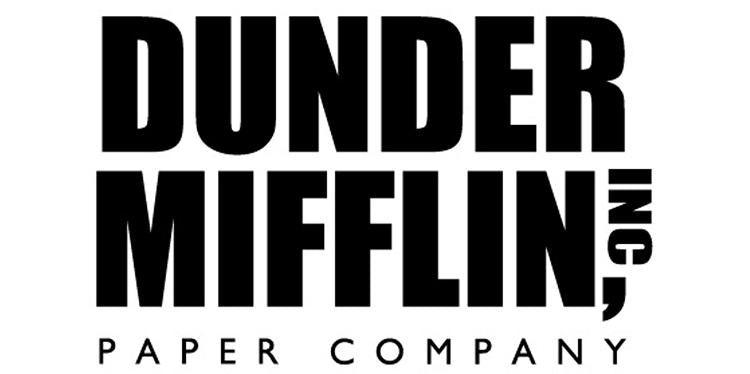BY HAWKE FRACASSA for tvstoreonline.com
Drama we've come to expect on The Office is playing out on TV the same way it might in the real world. Steve Carrell is leaving the hit show that draws between 6 and 8 million viewers per episode, and he's doing it at the top of his game, just as Dick York did
It's a bad call, but it's Carrell's call to make. Replacing Carrell with Will Farrell in the cast to help run the fictitious Dunder Mifflin Sabre paper company will prove to be an even bigger blunder.
That decision, which rears its ugly head April 14 in The Office's 146th episode, is as dumb as the one made by the producers of Bewitched when they cast Dick Sargent as their second Darrin in 1970. Because of this poor decision, Bewitched plunged immediately from 11th to 24th in the ratings before being canceled after spiraling into a
Fans of The Office want Carrell to stay put at Dunder Mifflin Sabre because he is consistently funny. And he shows flashes of innocence, brilliance, and intelligence. We love his giggly, schoolgirl-like sense of humor, even as he wails his illogical logic and insults and politically incorrect indiscretions in funny voices.
Conversely, Farrell, who ironically played Darrin Stephens in the movie version of Bewitched, consistently comes off as phony, vapid, predictable and sophomoric in almost all of his comedic personas. Farrell is iconic for unsophisticated, flap-my-armpit, pull-my-finger funny. He's a really, really, really bad fit for a show as witty and understated as The Office.
To add tension to The Office, the smarter play that would reflect real-world stupidity in Corporate America would be to bring back Charles Miner, the tall, dark and handsome African-American boss who Michael Scott was replaced by and later replaced in season five.
Charles (actor Idris Elba) came "from steel" and not "from paper," making him a neophyte and an outsider. Those factors overwhelmed Charles and made him an unqualified but politically correct hire.
Charles was a jerk to Michael, Jim, and Pam and self-destructed as Michael outsmarted him with guile and sincerity in making a triumphant return to his job. He did it by using the Michael Scott Paper Co. to undercut Dunder Mifflin's prices. In the final analysis, Charles was a horrible boss whose only endearing quality was that he was a soccer aficionado. Endearing only because it proves he loves something besides himself.
Charles was a creep and a lousy manager not because he was black and unqualified but because he was openly dismissive of his people, paid no dues and didn't know the paper business. Other than that, he was great. Charles should have failed, and he did --- because Michael Scott wasn't intimidated by his cool composure.
Bringing back Charles and shuttling Will Farrell to a supporting role would reflect what big corporations do every day. They recycle execs of color the same way the NFL does. It's why coaches with unbelievably bad records and mediocre quarterbacks like former Lion QB1 Daunte Culpepper keep getting rehired. They might be bad, but they've "got experience."
This review of Office politics is a treatise on bad bosses vs. good bosses, not an indictment on minority hiring. When qualified people of color do good work, as Stanley and Darryl and Kelly do, they deserve opportunities and sometimes get them. But a big company's zeal to look progressive often supersedes good judgment, as we saw with the first hiring of the incredibly arrogant Charles Miner.
Stanley, Darryl, and Kelly are minorities, just like Charles Miner, but Charles has a head that can barely fit through the front door. His bloated sense of self-importance emerges in one of those cozy on-camera interviews when he brags, "I know I have this effect on women."
Charles Miner underscores that in Corporate America, how you look and who you know

